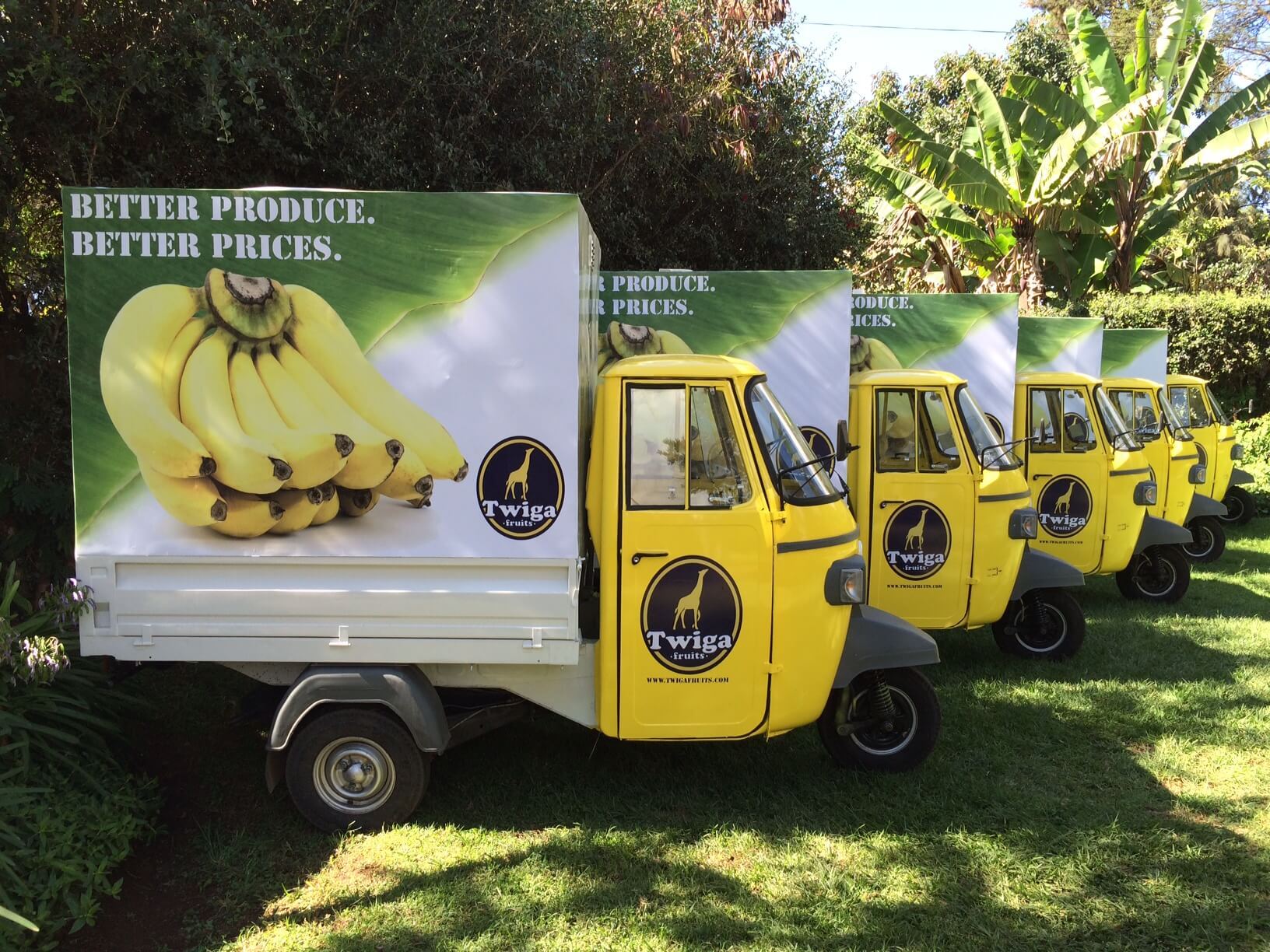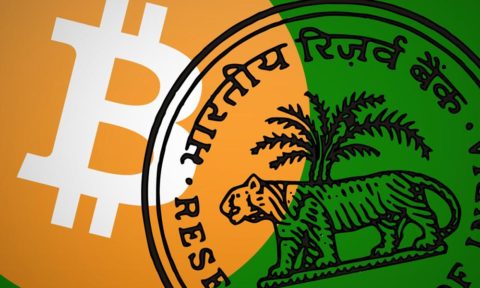Working within an informal economy is hard enough; now add into the mix factors such as the establishment of a long-term history of transactions to use for things such as the procurement of a loan, and you are certain to face a seemingly unappeasable mountain. This is true for many of the small farmers within the developing world, as well as small-scale sellers of food items.
To make this plight even more terrible, is that without adequate funds there is no opportunity in sight for them to grow or even continue to sustain their business in a reasonable manner and therefore many fail to establish themselves legitimately within their communities. Therefore, to help and facilitate a change for the better IBM has chosen to partner with a Kenyan company known as Twiga Foods to help offer ‘micro-lending’ to farmers and sellers within Kenya.
Introducing Twiga Foods
Twiga Foods is a logistics firm that primarily provides a mobile platform of business-to-business for sellers of food, both on a micro- and a small-scale. Once Twiga Foods has obtained sufficient records of purchase transactions from the sellers of foods it can then create a history of financial transactions for the individual businesses and deem them worthy or unworthy of financial aid.
If a seller has been declared as a sound candidate to receive credit, then the process will begin to dispatch the loan all the way through to the repayment of the financial aid. All of these steps take place through the aid of blockchain technology. The initial pilot project, which was trial run over an eight week period, handed out a total of 220 loans to individual sellers. Each of the loans had a value of approximately $30, the loans were repaid within a period of between four and six days and had an interest rate of approximately 2%.
How This Has Impacted Kenya
Receivers of the financial aid have been accredited with stating to the media that through the financial aid that they received they were able to purchase more stock and make a positive impact on their businesses. All over parts of Africa, trial runs of an automated mechanism to award credit scores on individuals and businesses are being initiated. The main leaders of these projects are mobile financial lenders since unlike traditional banking institutions, they do not require as much documentation, such as collateral and bank statements.
These projects hold significant weight in markets such as Kenya where the primary form of engagement is with mobile services, as over 90% of the market has access to a mobile platform. In addition, applications such as M-Pesa help to facilitate transactions in a variety of industries including healthcare and transport. It seems that Blockchain could be the key to enabling the creation of new ways of obtaining loans, processing transactions and the creation of new offerings within the financial sector.
The lack of control within the Blockchain technology also helps to free countries from the worry of previous dangers such as corruption or theft. Kenya has recently looked favorably upon Blockchain technology as a means to allow for effective land registration and more without the infiltration of nepotism, or other forms of misdeeds.









